
Doomed Romance
By Christine Leigh Heyrman
By Christine Leigh HeyrmanRead by Maggi-Meg Reed

-
Published on Feb 09, 2021 | 304 Pages
-
Published on Feb 09, 2021 | 8 Hours 35 Minutes
Popular
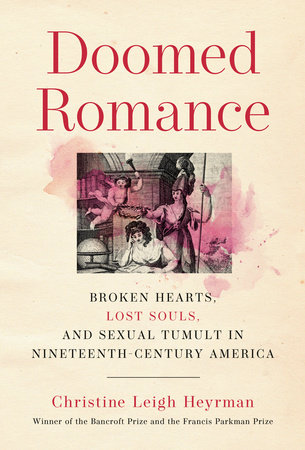

Broken Hearts, Lost Souls, and Sexual Tumult in Nineteenth-Century America
Broken Hearts, Lost Souls, and Sexual Tumult in Nineteenth-Century America

Buy from Other Retailers:
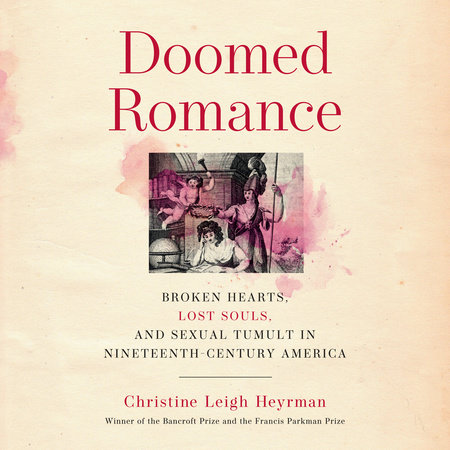
Buy from Other Retailers:
Published on Feb 09, 2021 | 304 Pages
Buy from Other Retailers:
Published on Feb 09, 2021 | 8 Hours 35 Minutes
Buy from Other Retailers:
ISBN9780525655589
Published onFeb 09, 2021
Published byKnopf
Pages304
Dimensions5-5/8 x 8-1/4
ISBN9780593349311
Published onFeb 09, 2021
Published byRandom House Audio
Length8 Hours 35 Minutes
Author
Christine Leigh Heyrman
CHRISTINE LEIGH HEYRMAN is the Robert W. and Shirley P. Grimble Professor of American History at the University of Delaware.
Learn More about Christine Leigh Heyrman
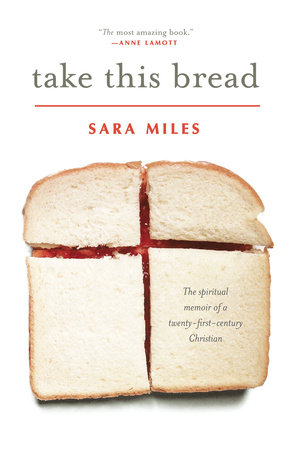

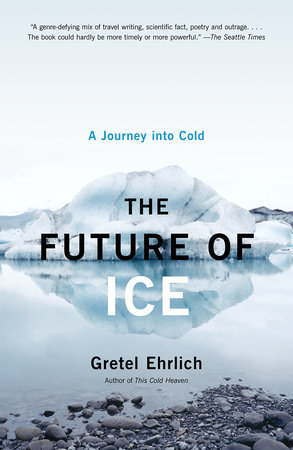

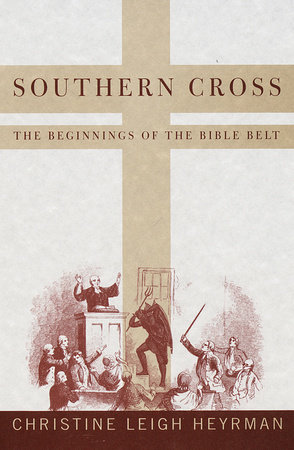

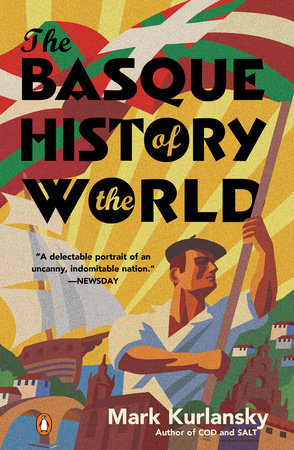

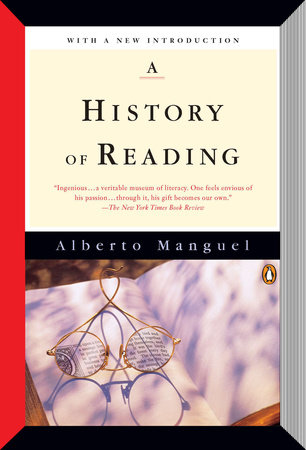

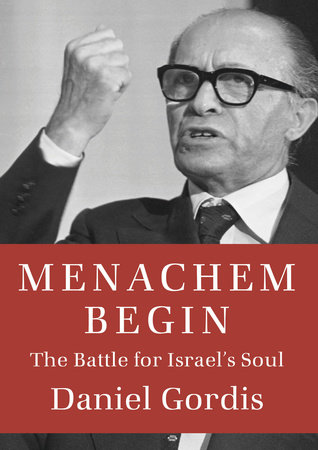

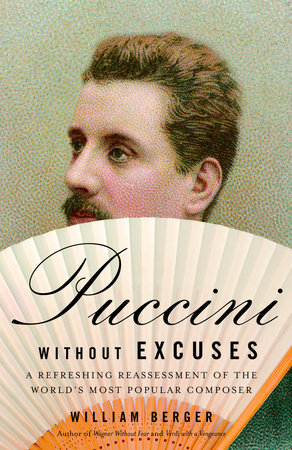

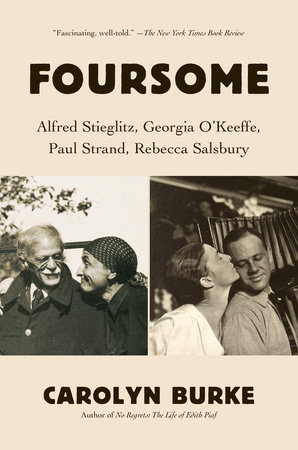

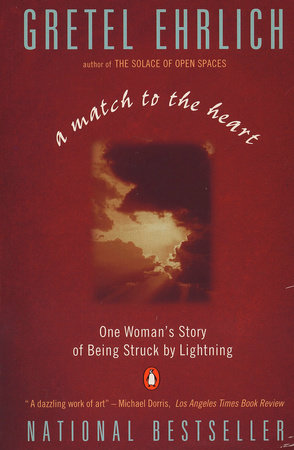

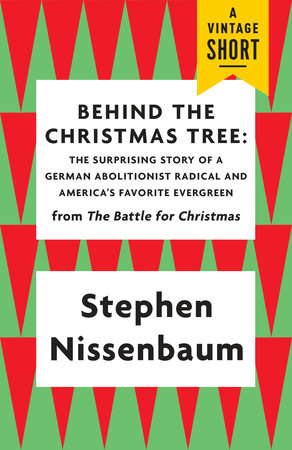
Visit other sites in the Penguin Random House Network
We, our affiliates, and our providers use cookies and similar technologies to understand how you use our site, optimize its functionality, to create more valuable experiences for you, to keep our site secure and functional, and deliver advertising and other content tailored to your interests. Read MoreBy clicking on I agree below, you consent to our use of cookies and similar technologies, as described in our Privacy Policy (see section "Other Information Collected Using Technology"). Please note that by declining cookies other than those essential to your use of our site, you may not be able to experience the site's full services and features.
We, our affiliates, and providers working on our behalf use cookies to analyze our websites, provide social sharing features, deliver content, and communicate with you to provide support. We also use cookies to deliver personalized ads and disclose information about your use of our site with our advertising providers for this purpose. View our Privacy Policy to learn more and manage your privacy choices.